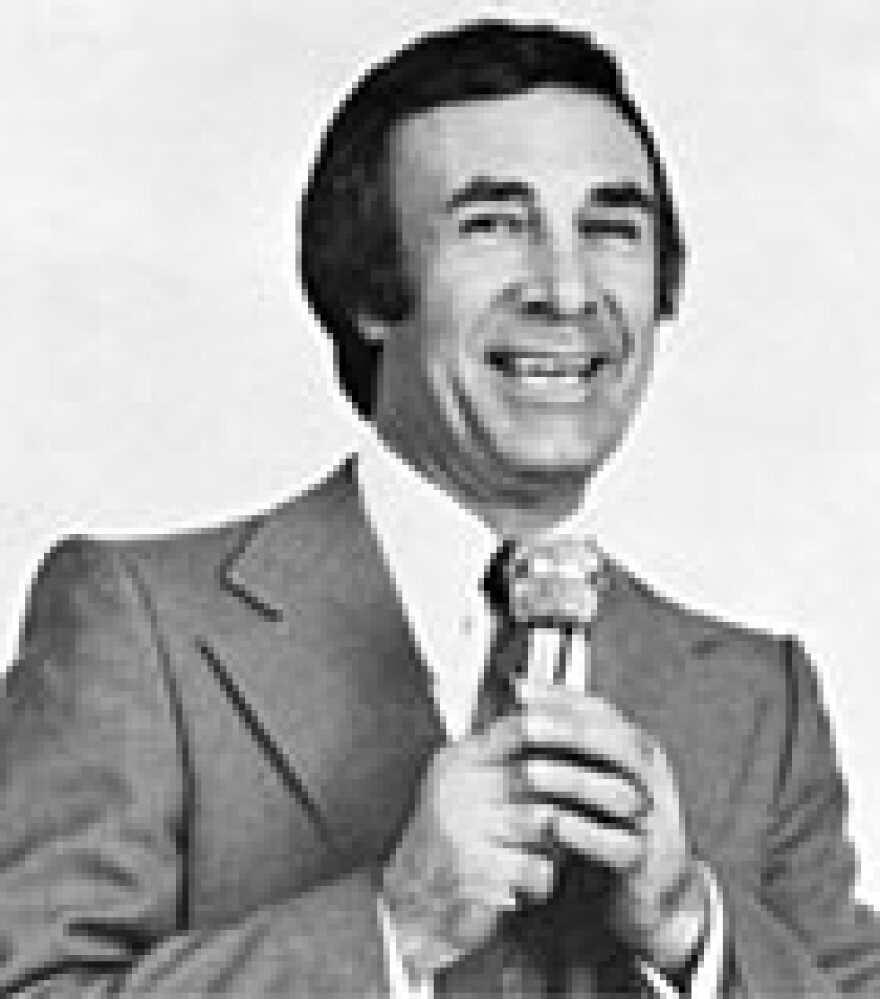


The small ads in supermarket tabloids, comic books and magazines such as Popular Mechanics offered readers a chance at the big time in the music business:
"We need new ideas for recording." "Song-poems wanted for new songs and records." "Your songs or poems may earn money for you..."
NPR's Scott Simon reports that "these unassuming ads hint at a rung in the music business that may often be overlooked on the climb to the top. People that put their heart, souls, and often their savings into recordings they hope would change their lives."
"I Like Yellow Things," written by Tiel Faulkner and sung by Bobbi Blake, was one such song-poem, now found on a collection called The American Song-Poem Anthology, featuring songs recorded in the 1960s and '70s. Its subtitle, "Do You Know The Difference Between Big Wood and Brush," takes its name from the first track on the CD, a collection produced by song-poem aficionado Phil Milstein.
"Song-poem is really just a euphemism for the word 'lyric,'" Milstein says. "I think that it was designated because the entrepreneurs believed that their target audience for this sort of thing wouldn't even know what the word 'lyric' means. And it's also meant to suggest some sense of the inner circle of the music industry. That was part of the deception that they were putting before their audience.
"What they were trying to do was get average people with no connection to the music industry itself to write lyrics, take poems out of their kitchen junk drawers... and foster the idea that these old poems and lyrics might potentially become a hit record," Milstein says. All they had to do was put "a little bit of their seed money into it and the company will do the rest. They would take those words and set them to music and record them and then distribute that, promote it and... all the customer had to do was sit back and wait for the royalties to start rolling in."
That rarely if ever happened, he says. None ever really was hit material.
Gene Merlino says he recorded over 10,000 song-poems -- or "demos" as he calls them -- under the names Gene Marshall and John Muir. "I started doing them basically to make a few bucks," Merlino says. "I started with $2 a song."
Merlino insists the would-be songwriters weren't ripped off by the service he and record companies provided. "We actually did our very best to make these things sound good and I think we gave them a real good product. They were getting their money's worth and I never felt guilty at all in doing these things -- ever."
Copyright 2022 NPR. To see more, visit https://www.npr.org.

